
Hiccups in babies occur rather often and they should not be a cause of any concern as they are a faitly common trait. In most cases, hiccups actually start occurring while the baby is still in the mother’s womb.
Role of Diaphragm
Hiccups in both babies and adults are associated with the working of the diaphragm. For those who are not familiar with it, diaphragm is a dome shaped muscle which is located at the bottom of the chest and its main purpose is to separate the abdominal cavities from the thoracic cavities. All hiccups originate from the diaphragm and are always characterized by a distinctive type of sound. When a person inhales the air, the diaphragm pulls downwards and by doing so it actually helps the lungs with the process of pulling the air inside. During the exhalation of air, the diaphragm pushes upwards in order to aid in this process as well. In adults, hiccups usually occur when the diaphragm gets irritated by feeling excited, feeling nervous, throat irritation, stomach irritation, eating too much, eating too quickly, eating spicy foods and eating hot foods. In infants, the main cause of hiccups is swallowed air. The diaphragm of an infant functions in a jerky kind of way, so the air gets rushed and it hits the voice box. All that combined causes a hiccup. The diaphragm of an infant suffers a spasm and the rushed air causes the windpipe to close immediately so the hiccup occurs.
Other Causes of Hiccups
Hiccups in infants tend to occur mostly during the feeding. This is mainly due to the fact that they tend to swallow plenty of air along with the milk. Some cases of hiccups in infants may also be caused by to drops in temperature which occur when a baby gets exposed to sudden cold. Hiccups can also be related to a medical condition known as gastroesophageal reflux disease or GERD. In this condition, the stomach acids get regurgitated into the esophagus, which leads to the occurrence of hiccups.
How to Stop Hiccups in Babies?
There are not any specific types of definite cure in infants. The best thing a parent can do is to gently pat the back of the baby after he or she has been fed. The baby needs to be held against the shoulder while patting, so that he or she can burp and calm the hiccups down. Sometimes it is also helpful to gently stroke the head of the baby. Feeding with gripe water may also be helpful to a certain degree.


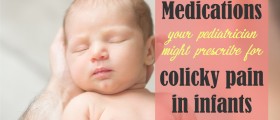
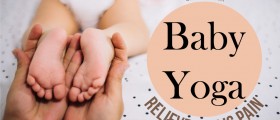
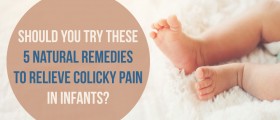
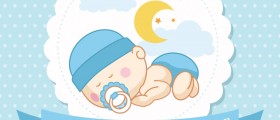
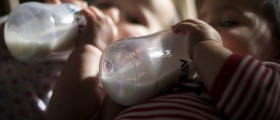
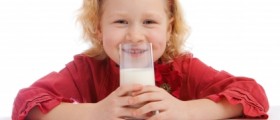
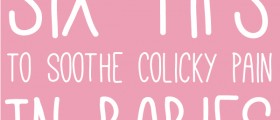

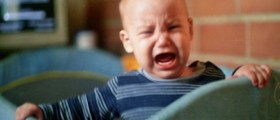
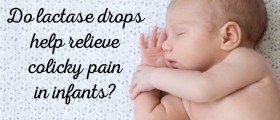
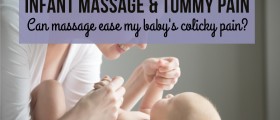
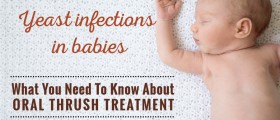
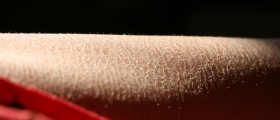
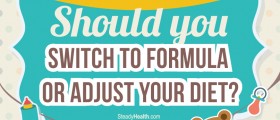
Your thoughts on this
Loading...